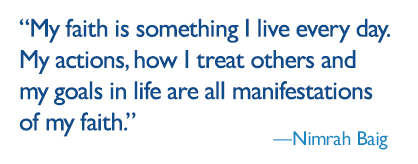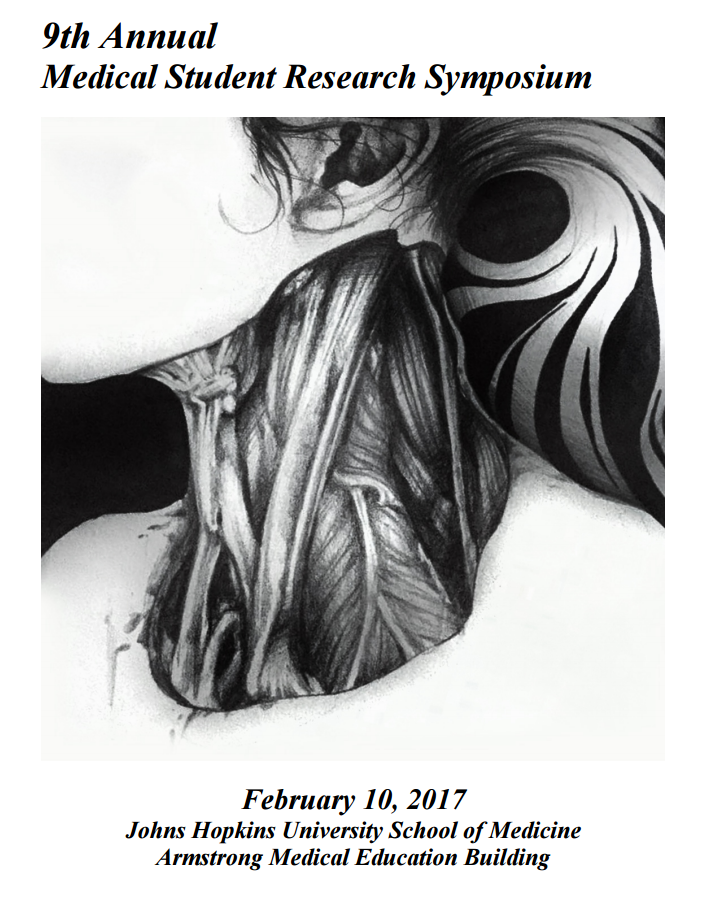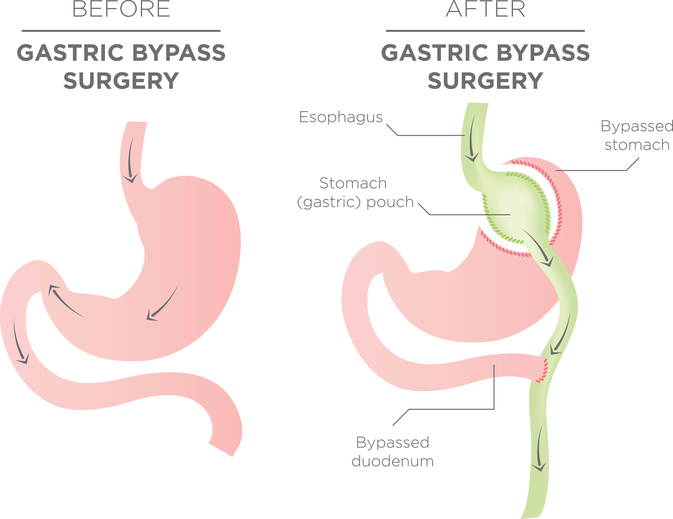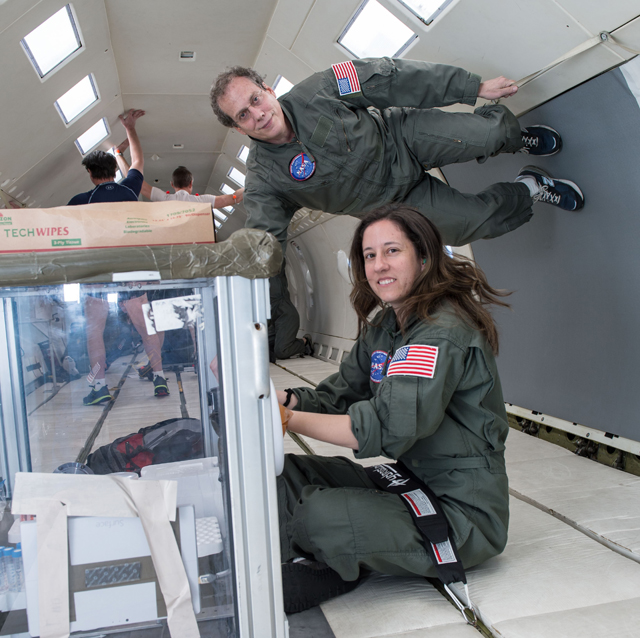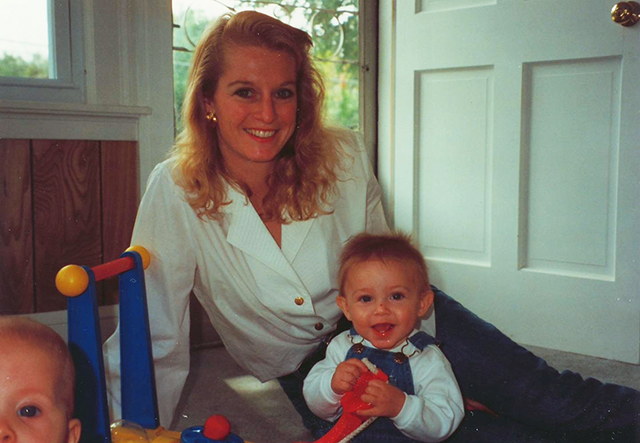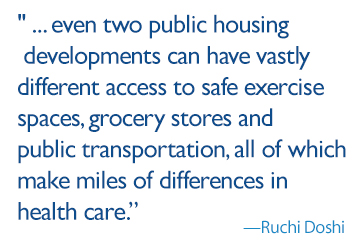Living Out My Faith: Being a Muslim Medical Student at Johns Hopkins
“I am Muslim,” says Nimrah Baig, a third-year medical student. Her words do not sound like a label, but rather a bold summation of an… Read More »Living Out My Faith: Being a Muslim Medical Student at Johns Hopkins
